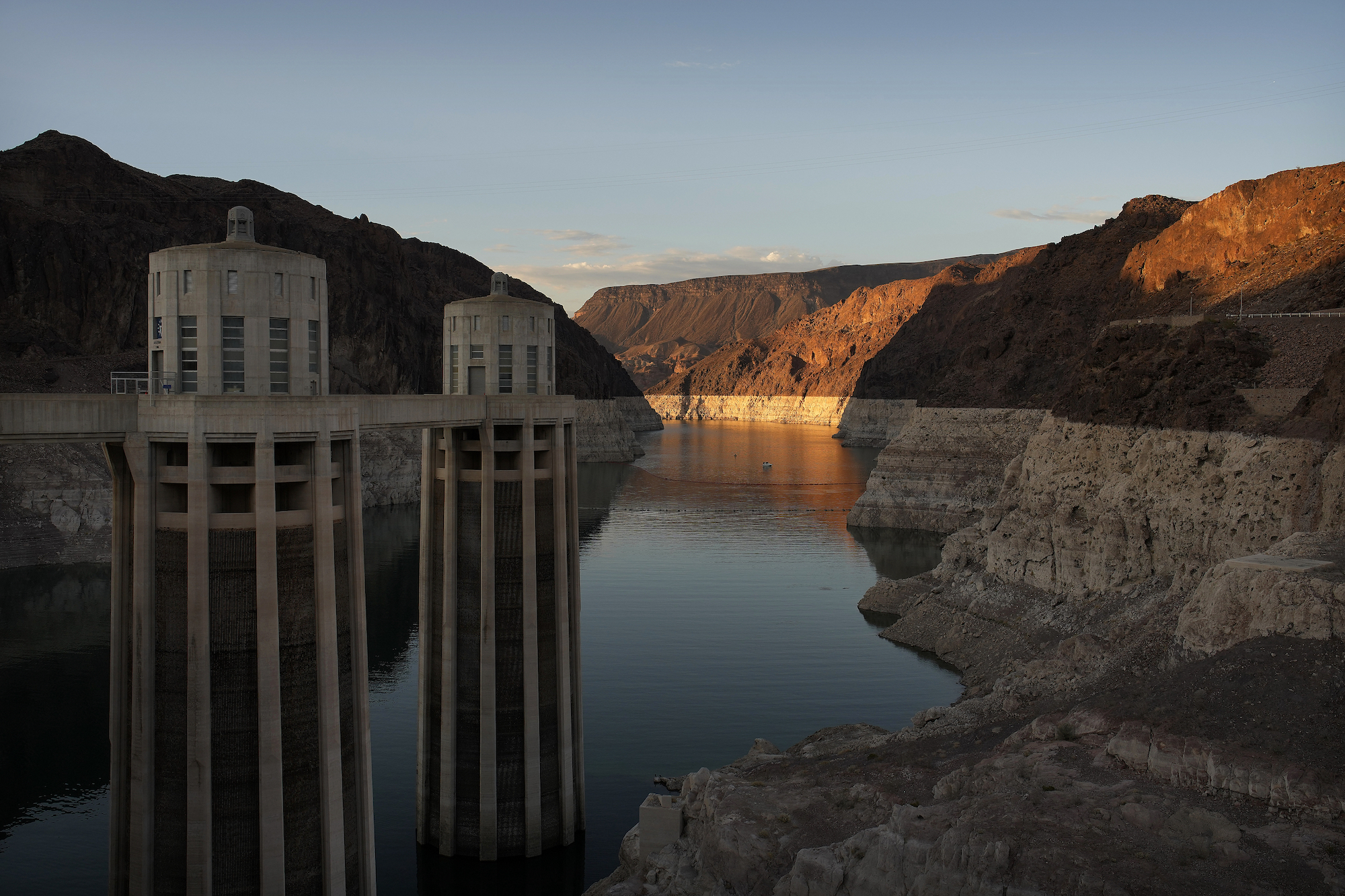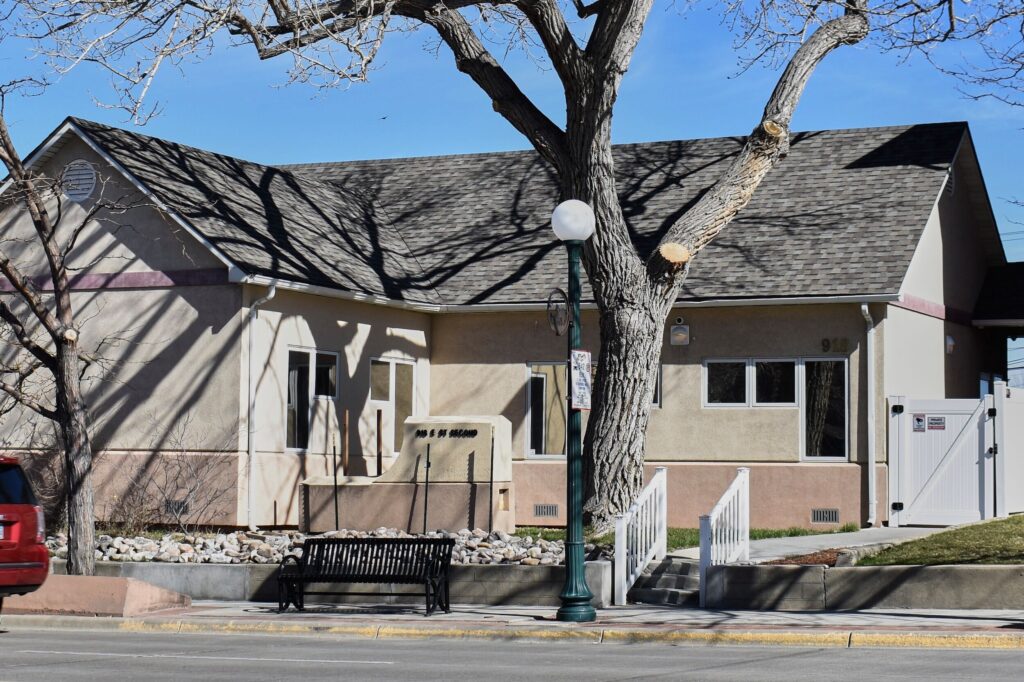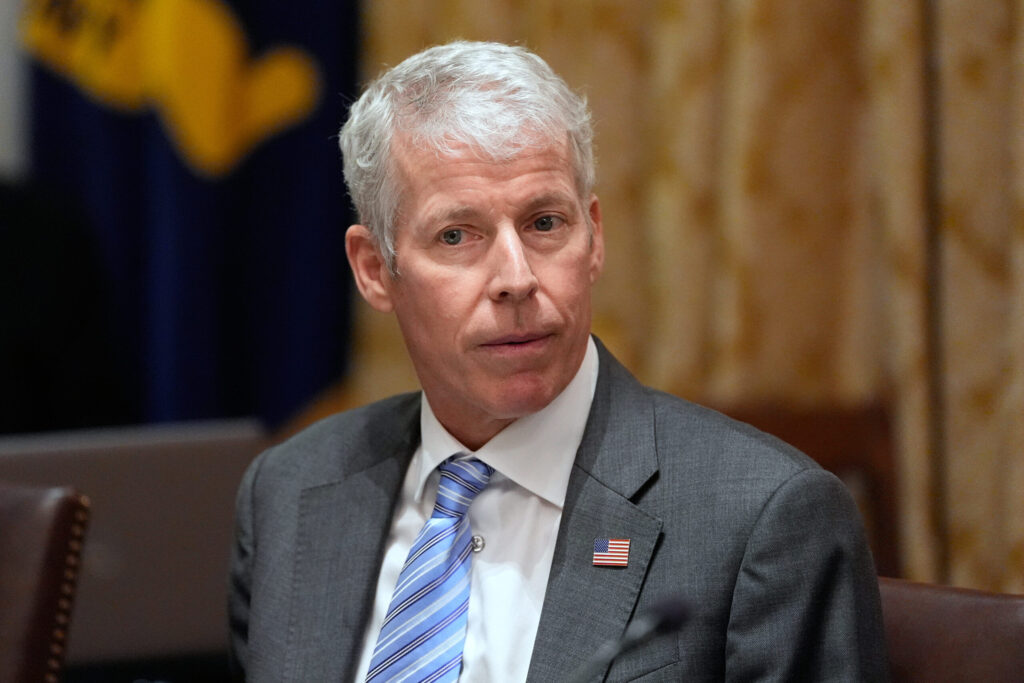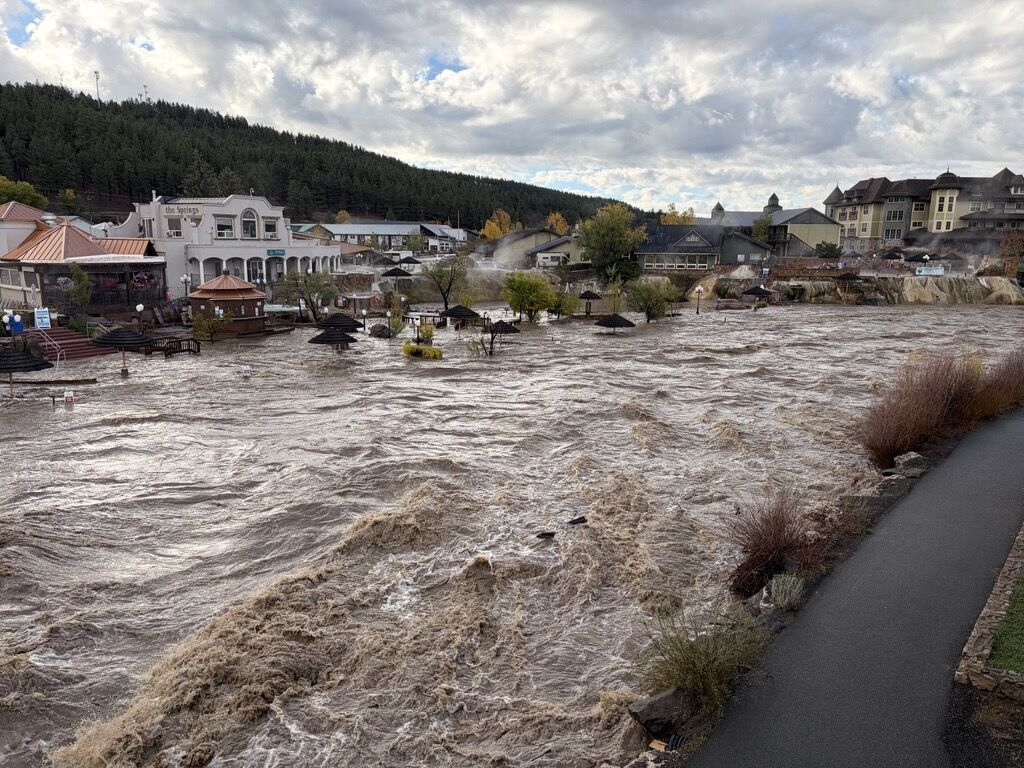Top water attorney, state officials say fed’s Colorado River drought proposal should spur action

A leading Colorado water attorney says draft guidelines released this week by the Biden administration proposing alternative plans to deal with the historic drought in the Colorado River basin should compel the states that rely on the river to come to an agreement.
“We really are running out of time on this,” James Eklund, an attorney at Sherman & Howard and the author of Colorado’s first water plan, said in a wide-ranging interview with Colorado Politics and The Denver Gazette. “We have the tools to control our own destiny and make this pain and this disruption – we can mitigate those. But we do have to act. If we don’t, that’s where we’re going to get in trouble.”
Eklund said the draft Supplemental Environmental Impact Statement released Tuesday by the Department of Interior’s Bureau of Reclamation removes any doubt that the federal government is prepared to step in if the river’s Upper and Lower Basin states can’t figure out how to share what are likely to be drastic reductions in available water in the coming years.
“I’m a Teddy Roosevelt fan,” Eklund said. “Teddy Roosevelt said talk softly and carry a big stick. And for the past year, the feds have been talking loudly and carrying no stick. So, this draft EIS really, finally shows us the stick. Whether or not they have to use it is now really up to the states and their water users.”
In this interview, attorney James Eklund, who leads the water and natural resources practice at Sherman & Howard, said the federal government’s water analysis means the basin states need to come up with a plan they can all agree on. This time, he said, the federal government showed it, indeed, carries a big stick. James served as Colorado’s lead negotiator and signatory on the Colorado River Drought Contingency Plan. He was also the director of the Colorado Water Conservation Board.
The river flows through Upper and Lower basins, with the former including Wyoming, Colorado, Utah and New Mexico, and the latter made up of Nevada, Arizona and California.
The seven states have missed multiple deadlines to formulate a plan they can all agree on for reducing water usage – most recently earlier this year when six of the states reached an accord but California offered a competing proposal – leading the Bureau to come up with its own set of alternatives.
“In the absence of consensus among all entities affected by changed operations, the Department must consider the overall conditions in the Basin in order to make the most prudent operational decisions,” the draft documents says.
The massive proposal released this week lays out three options to address potential shortages in order to protect the operation of Glen Canyon and Hoover dams, which provide electrical power for millions of households, in addition to regulating the flow of water to downstream communities.
The first option, to maintain the status quo, won’t work, the document concludes, leaving two “action alternatives” – one that would distribute cuts among Lower Basin states based on historic water rights priorities, which would favor senior rights-holder California and disadvantage Arizona, and another that would spread the reductions equally across the Lower Basin states.
“Drought conditions in the Colorado River Basin have been two decades in the making. To meet this moment, we must continue to work together, through a commitment to protecting the river, leading with science and a shared understanding that unprecedented conditions require new solutions,” Bureau of Reclamation Commissioner Camille Calimlim Touton said in a statement accompanying the draft’s release.
The draft proposal is open for public comment for 45 days, and a final version is expected this summer, the Interior Department said.
Colorado’s two U.S. senators hailed the plan as an important step toward grappling with the drought and its ramifications. Both also cautioned against taking comfort from this year’s heavy snows.
“This year’s good snowpack can’t be an excuse to kick the can down the road,” said U.S. Sen. Michael Bennet in a statement. “This SEIS is a constructive step toward sustaining the Colorado River system for the long term, and I continue to urge all seven Basin states to come to an agreement. We have no time to lose.”
His fellow Democrat, U.S. Sen. John Hickenlooper, made a similar point.
“Today’s announcement marks an important step in planning for a drier West,” Hickenlooper said Tuesday in a statement. “As the Colorado River Basin faces the stresses of climate-driven drought, states and stakeholders must work towards a collaborative, seven-state solution for managing water scarcity that honors our communities, the sovereignty of Tribes, and the concerns of agricultural producers. No matter how promising this year’s snowpack is, we must prepare for less water in the river on which we rely.”
U.S. Rep. Lauren Boebert, the Silt Republican whose congressional district contains the Colorado River from just downstream from its headwaters to the Utah border, told Colorado Politics in an email that she will continue fighting for Coloradans.
“The Colorado River is called the Colorado River for a reason,” Boebert said. “I will keep working to put the people of Colorado and our interests first as we work to find solutions to western drought. Six states representing millions of people came together to produce a solution, but California failed to show up to the table and negotiate in good faith. Now, millions of people are being held hostage by California’s willful incompetence.”
Boebert noted that she recently invited Andy Mueller, general manager of the Colorado River Conservation District, to testify before a key House subcommittee, where he called for more active forest management and water storage to meet some of the challenges.
“These two approaches have to be a part of the solution,” Boebert said.
Eklund warned against concluding that the draft proposal only puts the screws on the Lower Basin states, while leaving Colorado and its fellow Upper Basin states unscathed. Both of the Bureau’s “action” plans involve “a great deal of pain and disruption to the Lower Basin that will inevitably ripple upstream to Colorado and the Upper Basin,” he said, noting that Coloradans rely on food grown year-round in California and Arizona.
“We’re talking about cutting water use by about the same amount of water the entire state of Colorado uses in an average year,” he added.
Notably, Eklund said, with this draft proposal the federal government has demonstrated that it’s willing to step in and “upend or essentially modify the priority system that we have kind of grown up with and we’ve evolved under” – potentially throwing the existing rules up for grabs.
“If the federal government is willing to do this to the largest state, population-wise, in our nation, they’ve demonstrated they’re perfectly willing to take whatever action they feel is needed in a state like ours,” Eklund said.
He said he hopes the tensions highlighted by the federal proposal will spur the river’s stakeholders to come up with their own solutions.
“I think it’s very important for us to realize the moment that we’re in, and this is a big deal, and it’s an opportunity for leadership,” Eklund said. “And that leadership has been absent. To date, we have not, as seven Basin states, gotten together. Hopefully, showing the stick and really backing up the threats that have been made, or the potential of backing up those threats, will make the interests – the water users, the states themselves – come back in a more concerted effort to find agreement and fill that vacuum, that void of leadership that has been created over the last several years.”
It matters whether the states decide how they’ll reduce water use within their borders, he said, rather than waiting for the federal government to impose restrictions. As an example, he pointed to programs that pay farmers to conserve water.
“And that can be compensated and temporary, and it can be voluntary,” Eklund said. “If we don’t do that, the problem we run into is it will be done not by us, it will be done to us. And it will be unpaid and it will be permanent. And that is a future that we don’t want to see, whether you’re in Denver or on the Western Slope of Colorado, or really anywhere in this Basin. You want to control your own destiny, if at all possible.”
Added Eklund: “We have a moment to do that. We got to get about the work. It’s going to be hard, and you’re going to have to sit down with people you might not like, but we’ve got to do that in order to essentially control our own destiny.”














